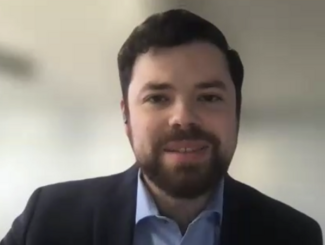
FLT3
Cluster of differentiation antigen 135; CD135; fms like tyrosine kinase 3; receptor-type tyrosine-protein kinase FLT3; fetal liver kinase-2
FLT-3 is a receptor tyrosine kinase that activates pathways leading to the proliferation, differentiation, and apoptosis of hematopoietic cells.1,2 FLT3-ITD mutations and FLT3-TKD mutations can lead to the production of FLT-3 ligands resulting in the activation of FLT-3 and subsequently triggers PI3K and RAS signaling pathways.3
Expression Percentages per Cancer Type
FLT3 Inhibitors
FLT3 inhibitors are tyrosine kinase inhiitors that inhibit the ability of the FLT3 protein to be phosphorylated, thus slowing the growth and proliferation of cancer cells. This table outlines FLT3 inhibitors both approved by the FDA and in the pipeline.
|
FLT3 Inhibitors Approved by the FDA |
|
|
Brand Name (Generic Drug Name) |
Indications |
|
Xospata (gilteritinib)1 |
Treatment of adult patients with relapsed or refractory FLT3 mutation-positive AML |
|
Rydapt (midostaurin)2 |
Treatment of adult patients with newly diagnosed FLT3 mutation-positive AML |
|
FLT3 Inhibitors in the Pipeline |
|
|
Vanflyta (quizartinib)3 |
Treatment being evaluated for patients with relapsed/refractory FLT3-ITD AML |
|
Crenolanib4 |
Treatment being evaluated for patients with newly diagnosed and relapsed/refractory FLT3 mutation-positive AML |
|
Dovitinib5 |
Treatment being evaluated for patients with metastatic renal cell carcinoma |
|
SKLB10286 |
Treatment being evaluated for patients with relapsed/refractory FLT3 mutation-positive AML |
|
FLT3, fms like tyrosine kinase 3; AML, acute myeloid leukemia |
|


































